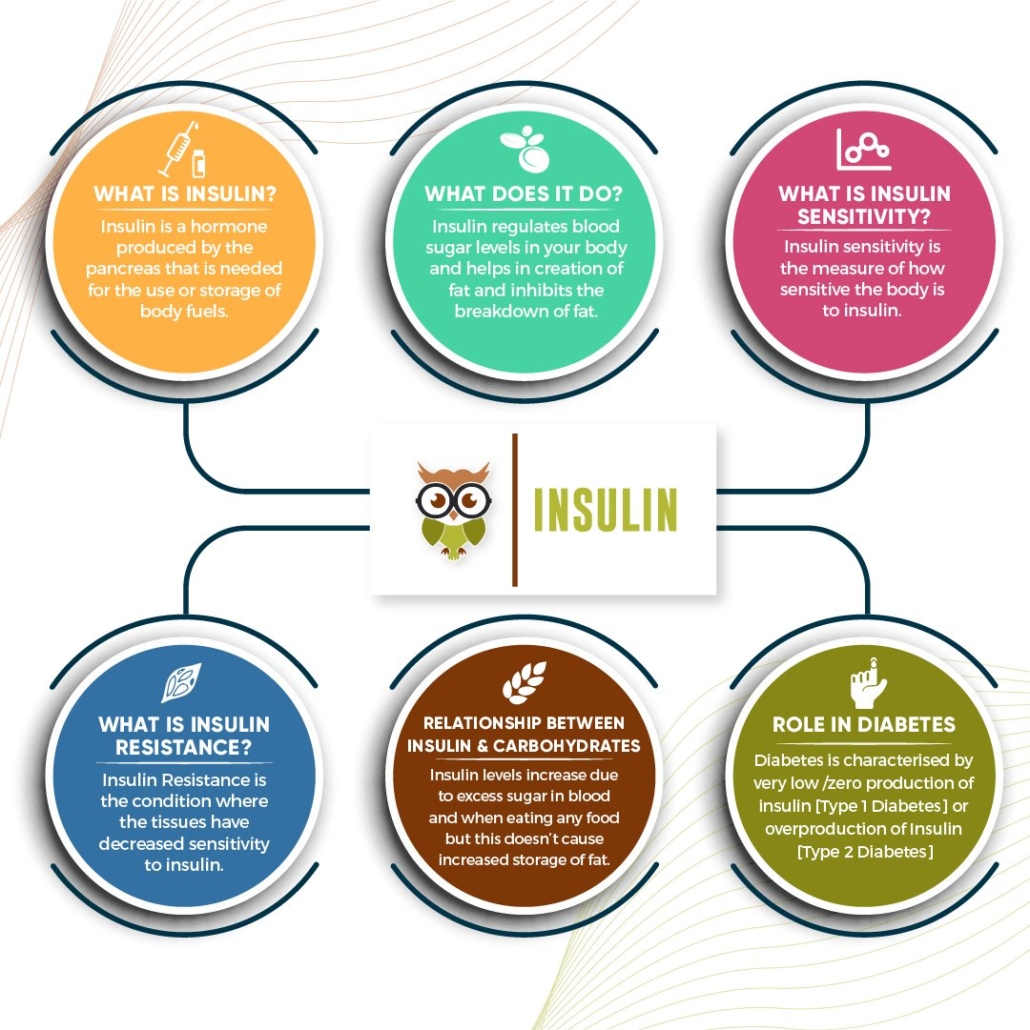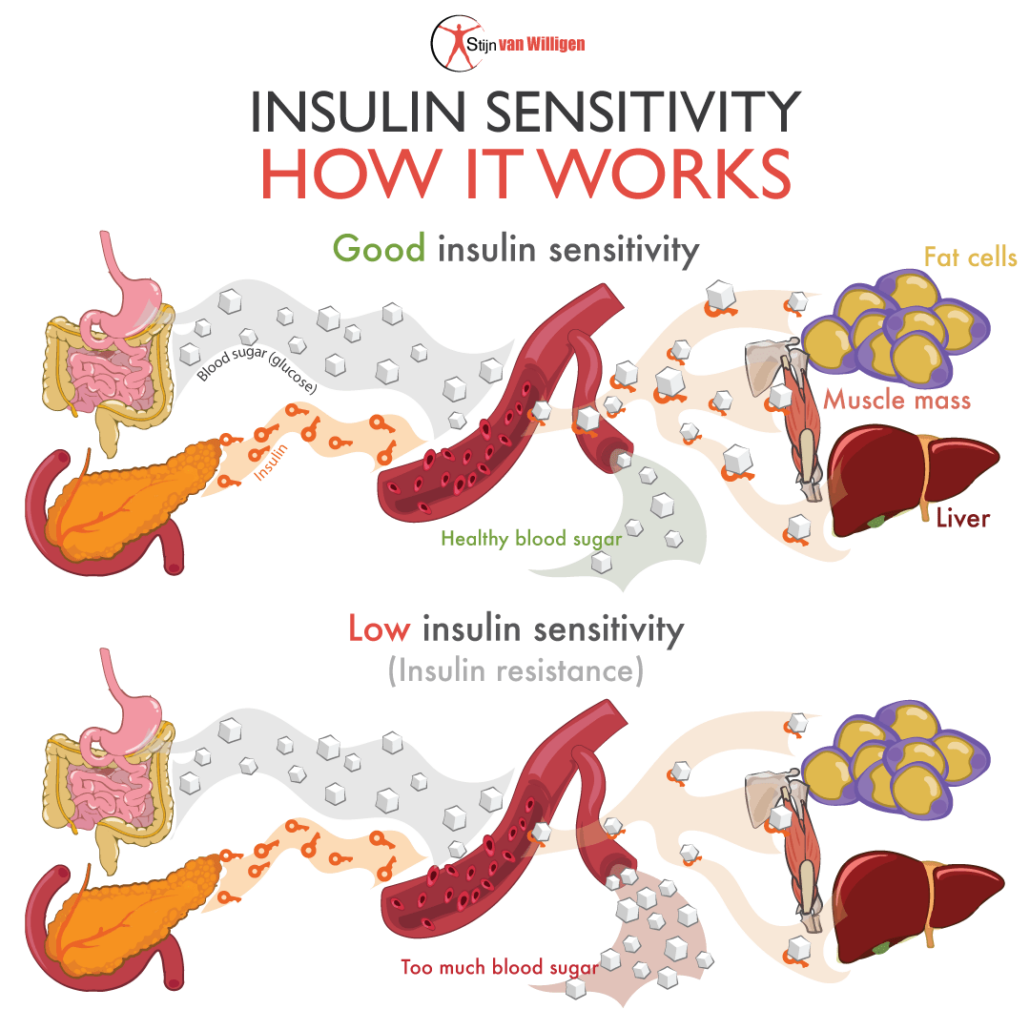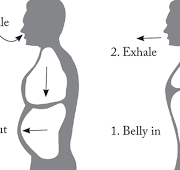How To Increase Insulin Sensitivity
How to Increase Insulin Sensitivity
Lifestyle factors play a large part in blood sugar levels as well as insulin resistance or sensitivity. Diet is a large part of regulating blood sugar levels, but there are other factors that seemed to be overlooked when it comes to blood sugar and insulin sensitivity. The three that are discussed are exercise, stress, and sleep.

Exercise, Stress, Sleep
Exercise is important in daily life and can have a positive impact on blood sugar regulation. Exercise or movement can increase the ability to pull sugar into the muscle. Pulling sugar into the muscle then reduced the amount of sugar in the blood because it is being used within the muscles. Inactivity can lead to more insulin resistance and increase in blood sugar levels. Any level of movement is better than inactivity, so find an exercise that you enjoy!
Stress places our bodies into and inflamed stated. Keeping our body in fight or flight increases adrenaline and cortisol which decreases insulin sensitivity. When we are at this point, our body prioritizes survival which includes increasing muscle tone or tension, slowing digestion, trouble with creative thinking, and lowering immune system, just to name a few. Your blood sugar levels may be elevated because high stress pulls sugar into blood so that it available for your muscles if it needs to be used quickly.
Sleep is the third lifestyle factor that can play a part in blood sugar and insulin resistance. When you are short on sleep this effect can be seen throughout the whole body, brain function, and overall absorption of sugar. There is more insulin resistance when there is not adequate amounts of sleep. This can increase the risk of having type 2 diabetes and metabolic syndrome. Turning off electronics at least one hour before bed can assist in having a restful night’s sleep.
In order to lower inflammation and help your body heal, we have to look at the basic fundamentals of our lifestyle. Movement daily, how we handle stress and getting adequate amounts of sleep can be a turning point in insulin sensitivity and overall blood sugar levels.

If you have any questions, please feel free to call our office at (608) 276-7635.
Here’s To A Better Life,
Dr. Steve Puckette









